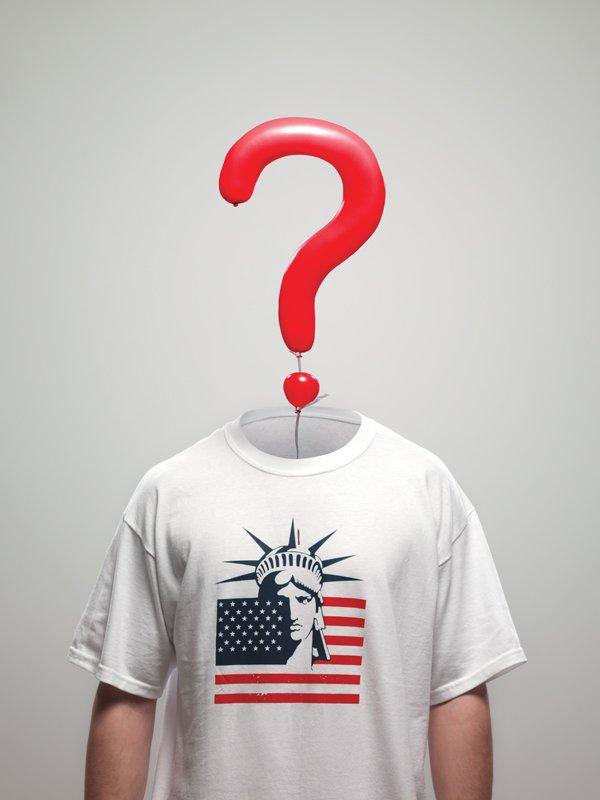America’s ‘usable power’ is perceptibly in decline

Every year, the pundits predict China’s rise to the status of global hegemon. Every other year, they predict the end of the American century.
In 2019, the dirge about the United States is especially persuasive. Even though the US remains the richest, most militarily powerful country in the world, it’s finding it harder to exert raw power.
Oh, it can threaten and impose sanctions, pull out of trade deals and international agreements, levy tariffs and badmouth friends and allies, but it cannot re-shape the world to its liking. In other words, its “ usable power” is waning.
By “usable power” they mean an American president’s “ability to win the support of a broad cross-section of the voting public for their foreign policy agenda.” Relative power is measured by America’s military arsenal vis-à-vis those of its rivals. In terms of relative power America bestrides the world like a colossus; but usable power or international influence is declining. That’s the two professors’ opinion, anyway. And they blame it on domestic political dysfunction as manifest in the following: a lack of bipartisanship on Capitol Hill; the president’s inability to set the terms of debate; and the failure to design economically inclusive policies.
The professors see a doleful trend in presidential party political partisan-ship, some of which is true. It’s true George W Bush withdrew from the Kyoto Protocol on climate change and opposed the Rome Statute creating the International Criminal Court. And it’s true that Donald Trump withdrew the US from the Trans-Pacific Partnership, pulled out of the Paris Agreement on climate change and renounced the Iran nuclear deal. It could be plausibly argued that President Bush and President Trump did so for party political motives as well as to undo their predecessor’s legacy. But Barack Obama ending US involvement in Iraq was not really about party politics. Iraq refused to extend the Status of Forces Agreement. And Mr Obama, as well as much of the world, did not support the decision to invade Iraq. I’m not sure why the professors lump President Obama’s actions with respect to Iraq along with the policy reversals executed by President Bush and President Trump. Perhaps it is to balance things out and appear impartial. After all Mr Bush and Mr Trump are Republicans and Mr Obama is a Democrat. That still doesn’t make the comparison valid, however.
Furthermore, it doesn’t do much to explain why US “usable power” seems suddenly so much less forceful. This has more to do with President Trump’s two years in office than anything else. With America talking up its selfish gene and expressing unwillingness to engage and commit internationally, as well as to help others for altruistic reasons, the world is less charmed. With Trump’s America ever willing to withdraw from international agreements, its promises are no longer seen as long-term.
The professors’overall argument though is valid. They say the US can put its foreign policy house in order and restore its usable power by sustained “political spadework on the home front”. This would include “bipartisan bridge-building, an inclusive political vision to connect national priorities with foreign policy and a sustained commitment to more equitable growth-promoting and redistributive policies.”
Not easy.

